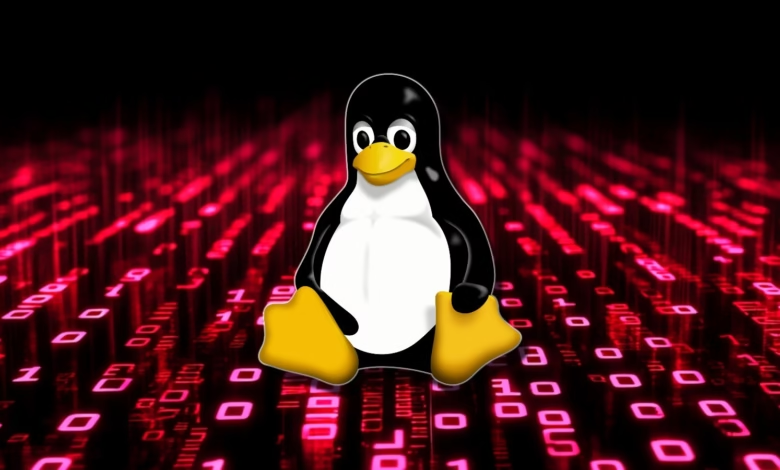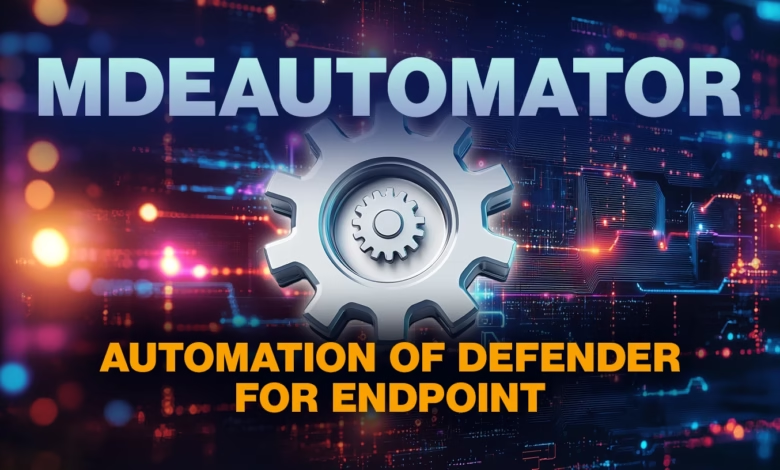The competition for top AI talent has intensified, with tech giants like Meta and OpenAI offering unprecedented nine-figure signing bonuses…
Read More »GitHub
GitHub is a web-based platform that facilitates version control and collaboration, allowing multiple people to work on projects simultaneously. It is one of the most popular code hosting platforms, where developers can upload their projects and collaborate with other developers. GitHub is built on Git, a distributed version control system created by Linus Torvalds, the founder of Linux. Version Control One of the core features of GitHub is version control. It allows developers to keep track of changes made to a project over time. This is particularly useful for identifying when a particular change was made and by whom, making it easier to resolve conflicts and bugs. Collaboration GitHub is not just a tool for version control; it’s also a social network for developers. The platform provides features like “forking,” “pull requests,” and “merging,” which enable developers to collaborate on projects efficiently. You can fork a repository to create your own copy, make changes, and then propose those changes back to the original project via a pull request. Open Source and Private Projects GitHub hosts both open-source and private projects. Open-source projects are publicly accessible and can be contributed to by anyone. Private projects are restricted, and access is granted only by the repository owner. This makes GitHub versatile, catering to both individual developers and large enterprises. Additional Features Beyond just hosting code, GitHub offers a range of other features such as issue tracking, feature requests, task management, and wikis for each project. It also integrates with various third-party tools and supports CI/CD pipelines, enhancing the overall development workflow. GitHub Copilot As AI continues to make inroads into software development, GitHub has also introduced AI-powered tools like GitHub Copilot, which assists developers by suggesting code snippets and functions as they write code. GitHub is more than just a code repository; it’s a comprehensive platform that offers a range of tools and features to facilitate software development and collaboration. Whether you’re a solo developer working on a personal project or part of a large team working on an enterprise-level application, GitHub has something to offer.
The Marine Organizational Body Size (MOBS) database tracks the size of over 85,000 marine species, offering a groundbreaking open-access tool…
Read More »Microsoft released Windows Subsystem for Linux (WSL) 2.6 as part of its open-source commitment, aiming to boost community involvement and…
Read More »Cybersecurity experts discovered a malware campaign by Banana Squad targeting developers via 67 fake GitHub repositories, distributing trojanized Python files…
Read More »Meta's $32 billion bid for Safe Superintelligence (SSI) failed, leading CEO Mark Zuckerberg to shift focus to poaching key talent,…
Read More »Meta is aggressively expanding its AI capabilities through high-profile talent acquisitions and investments, including recruiting Scale AI's founder and attempting…
Read More »Federal agencies are urgently patching a critical Linux kernel vulnerability (CVE-2023-0386) that allows attackers to gain root access via OverlayFS,…
Read More »A former Apple engineer created "Bento," a DIY project transforming the Steam Deck into an XR keyboard setup by merging…
Read More »The Trump administration's leaked AI Action Plan reveals plans to integrate AI across federal agencies, including an AI.gov portal and…
Read More »MDEAutomator is an open-source tool that automates Microsoft Defender for Endpoint (MDE) management, reducing manual tasks and improving threat response…
Read More »







